During the summertime, State College is largely quiet and many Penn State clubs are on break, with no meetings or events.
However the Social Dance Club is still holding open-door lessons for various styles of dance throughout the summer at either the State College Municipal Building or the HUB-Robeson Center from 6 p.m. to 8:30 p.m. on most days.
Isabella Ramirez, the president of Social Dance Club, said the club has had to alternate between the two locations due to scheduling conflicts during the summer regarding their availability.
“It’s just a little lighter I guess,” Ramirez, a third year studying biotechnology, said. “We have a few days that we’re in and out of the municipal building as well as the HUB just because scheduling gets a little bit difficult and just to give people a break.”
Ramirez also said instructors were “in and out,” and that attendance is more “free-flowing” during the summer when compared to the fall and spring.
Hugo Ayala, an instructor for the Social Dance club, said holding summer lessons allows for there to be a distraction from other stressors for both students and community members.
“There’s a distraction for them during the summer as [compared to] just doing research and work and also members of the community can go there and just use the time to have an extra hobby to do,” Ayala, an assistant research professor in the Eberly College of Science, said. “It does help to have a little bit of dancing sometimes, just so that people can practice what they already learned during the semester.”
CJ Witherell, treasurer of the Social Dance Club, said the continuation of lessons into the summer — despite the fluidity of attendance — allows community and club members still in State College to stay connected through the club.
“The group is run by a combination of grad students and undergraduate students.” Witherell, a PhD student studying mechanical engineering, said. “A number of our members are graduate students and community members who continue to live in State College over the summer and we just really want to see our friends and continue to work on our dancing.”
They said due to the turnover of members across semesters there were some challenges with organizing lessons, training new executive members, scheduling the room for lessons and determining the availability of instructors.
Witherell said despite these challenges being able to offer others the ability to dance is something that fills them with great joy.
“Dance is the thing that has always brought me the most joy in my life and that’s where a lot of my deep friendships stem from and so it’s just really important to me that it’s accessible to other people,” Witherell said.
Erin Blose, another instructor for the Social Dance Club, said while summer lessons see smaller attendance than the fall and spring, they allow for greater flexibility with how she carries out lesson plans.
“During summer, since we have generally less attendance because people are not in town, we will match it to who’s there so we’ll show up with a thought of a lesson.” Blose, a Penn State alumna, said. “If brand new people are there, we will do brand new things. If people show up who have been going all year for the last two semesters, that topic that we’ve thought of — we’ll try to find ways to apply it in a more advanced manner.”
Blose also said the more relaxed nature of summer lessons allows for instructors to provide a more open and approachable atmosphere compared to the fall and spring semesters.
“We try to be so friendly and open and willing to work with whomever shows up because we’re just happy to dance with anybody who’s there,” Blose said. “Anybody who wants to dance should be able to dance and we’re happy to work with wherever you’re at.”
MORE CAMPUS CONTENT

The university announced Michael E. Kupferman as the new CEO of Penn State Health on Wednesd…




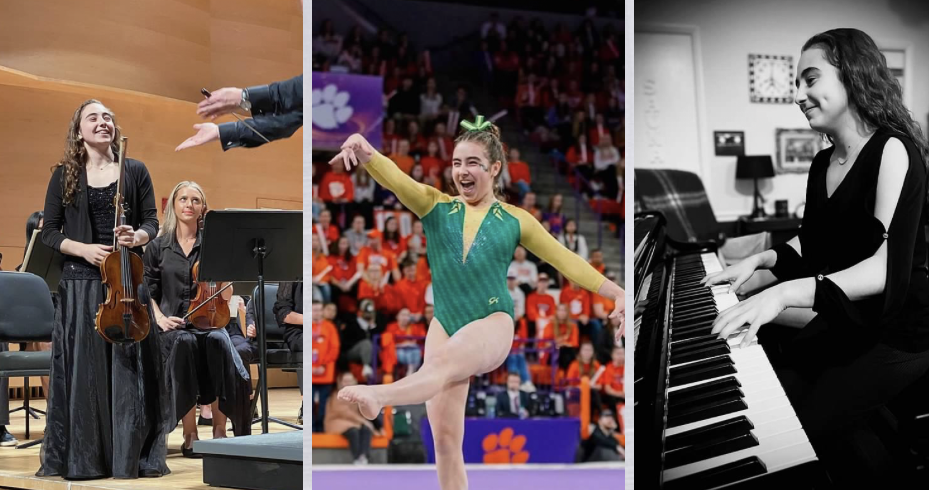

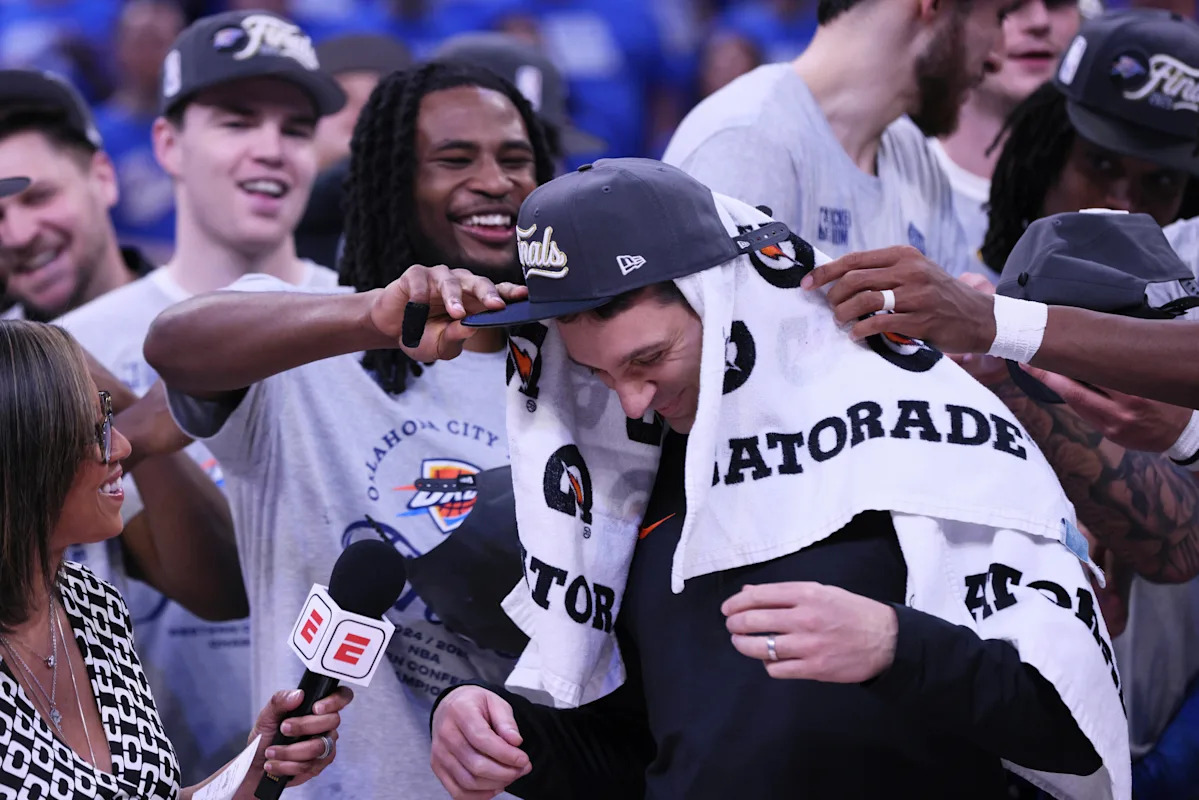
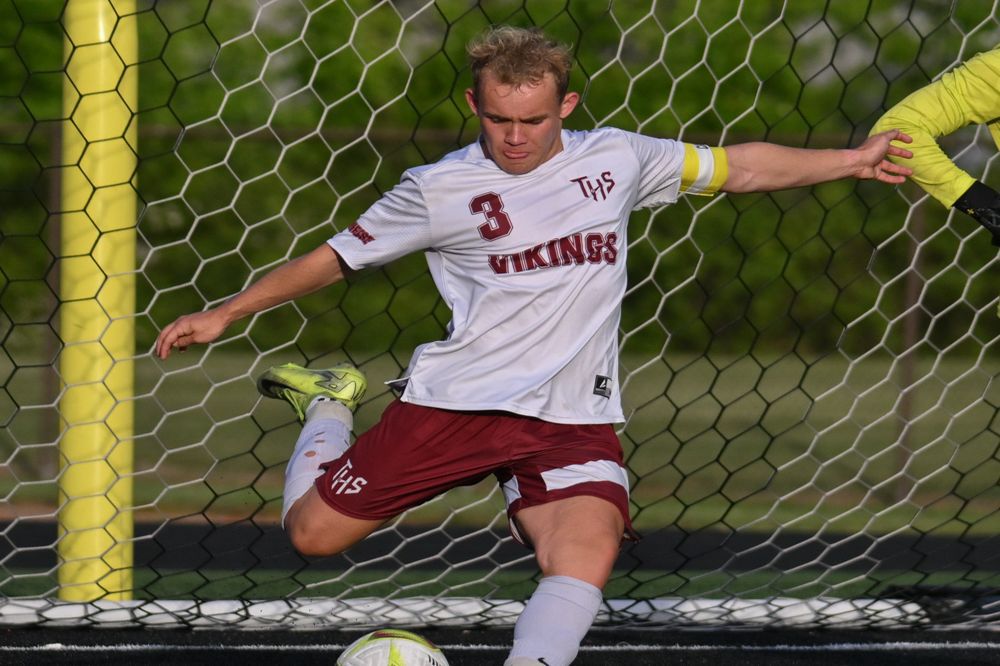




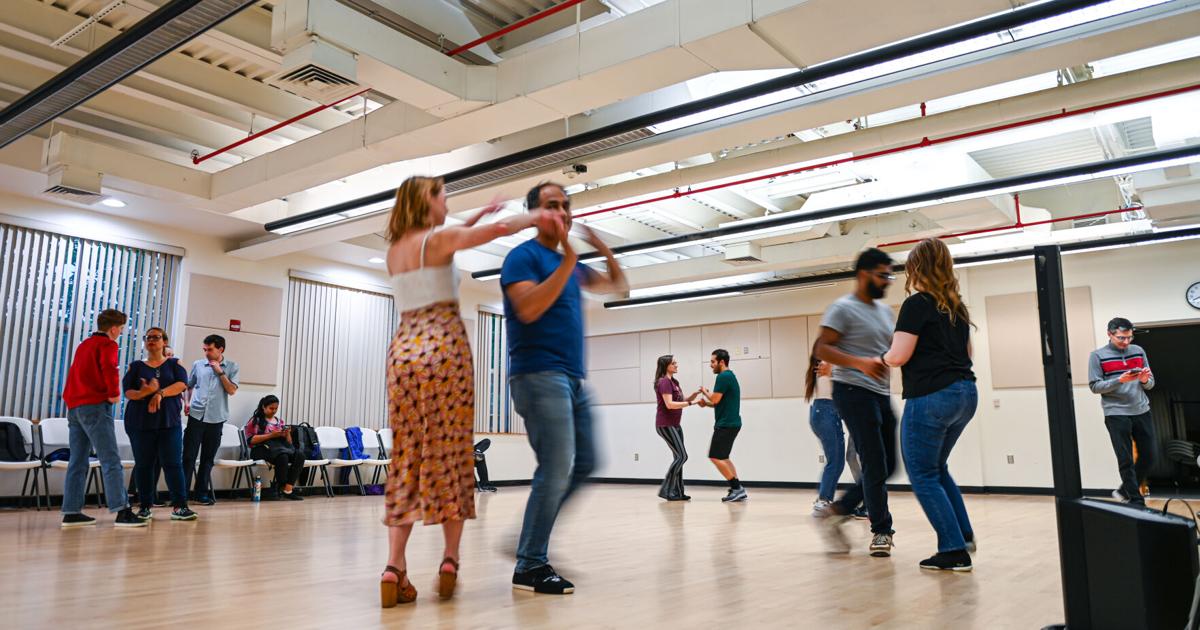

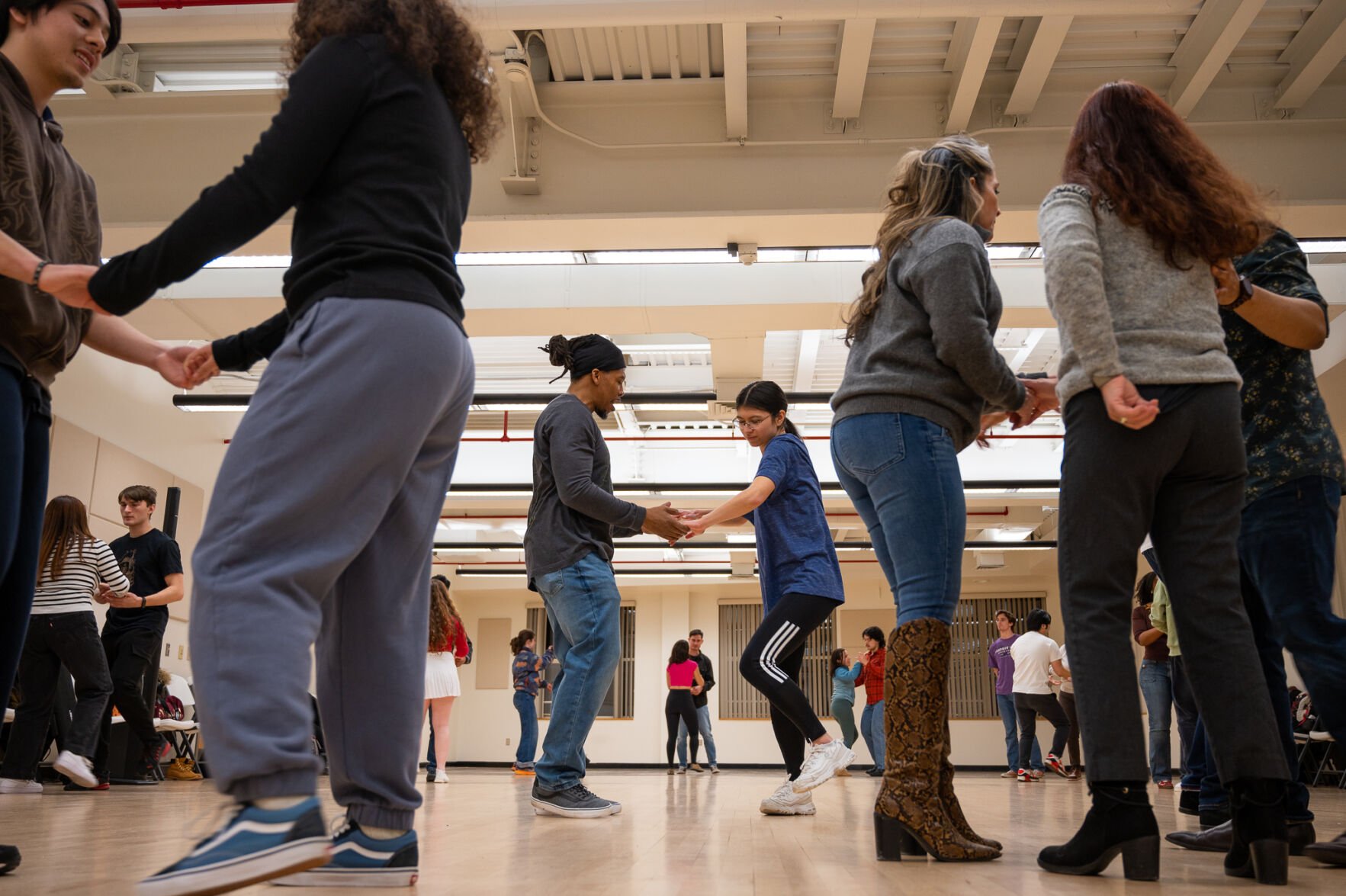





 Stephen A.‘s blaming Shedeur’s draft fall on Deion
Stephen A.‘s blaming Shedeur’s draft fall on Deion  | First Take
| First Take




























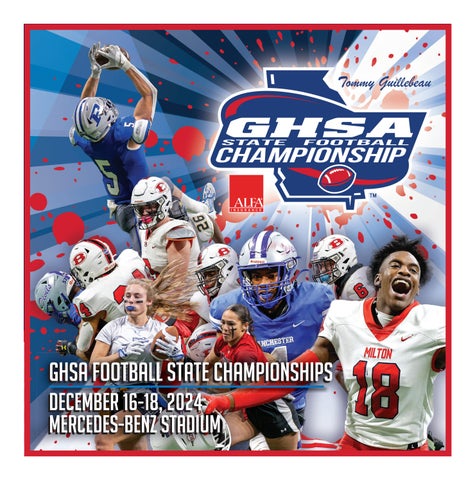
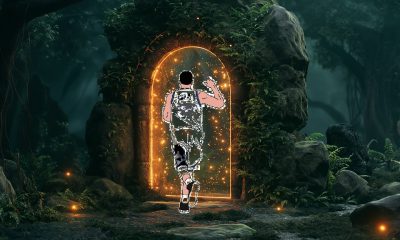

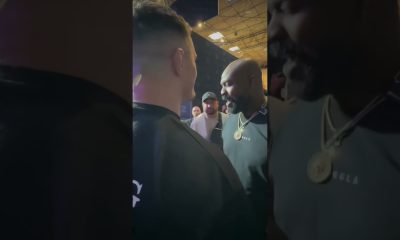



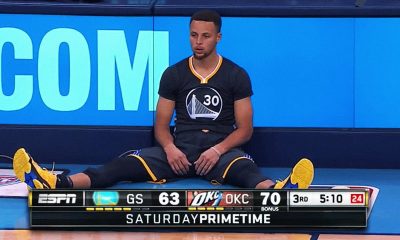







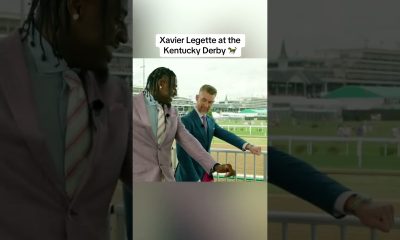


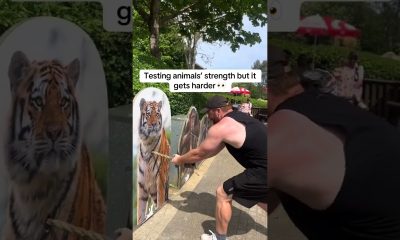

 (via @zackystrong.pt/TT)
(via @zackystrong.pt/TT)